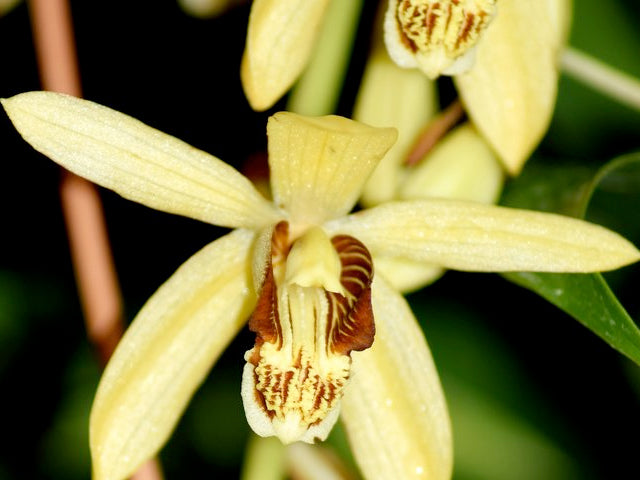
Beautiful Bletilla Bulbs Make Orchid Growing Easy
Orchids are surrounded by myths and legends – but given how diverse and remarkable the family is, it’s hardly surprising that they are! Bletilla debunks just about every myth that surrounds orchid growing bar one. Let’s kick off this blog post with a few orchid myths and how Bletilla (or Urn Orchid) either destroys them or else confirms them.
Orchids, Their Reputation, and What Bletilla Makes of It
Here’s what most people think about orchids and how Bletilla bucks the system:
- Orchids are hard to grow: While it’s true that some orchids require very specialized care, Bletilla bulbs grow just like any other garden plant and don’t need any special techniques or attention;
- Orchids need specialized growth media and feeding: While chunky bark mixes or rockwool may suit the epiphytic orchids, Bletilla is a terrestrial orchid and is therefore perfectly happy in ordinary garden soil;
- Orchids are tropical plants for the greenhouse or conservatory: While many orchids are tropical plants, Bletillas are reported to thrive in USDA zone five – that’s a zone that experiences temperatures of 20ºC below or more. Enough said!
- Orchids have large, showy flowers: Here Bletilla compromises a little. While its true that some orchids do produce huge, showy blooms, while others have such tiny flowers that only the most observant will see them, Beltilla takes the middle road. What the flowers lack in size, they make up for in sheer numbers;
- Orchids will skip a year’s flowering after division, and some divisions won’t flower at all: This is a great rule of thumb for many orchids – but not Bletillas. They will flower again on schedule after division, and since they multiply well, that’s good news for gardeners.
Growing Bletilla
When I was a horticulture student, I worked in garden centres on weekends to gain experience. At work, I’d find ancient stock of Bletilla plants blooming away despite the neglect that (believe it or not) most garden centres inflict on old or stagnant stock. I’d bring them up to the front of the shop, and pow! Impulse buyers would snap up the lot.
These days, I don’t see them around as often as I did then – let’s not even go into how long ago that was – which is why I was thrilled when Farmer Gracy tracked down a supplier of colours I’d never imagined in Japan.
I’m inclined to say that Bletilla is one of those plants that needs only the most basic of growing instructions. Here they are:
- Light shade or good, indirect light
- Well-drained soil
- Moderate watering
Try as I might, I can’t think of a single thing they need other than that. I was surprised to see that US growers report it handling temperatures of twenty Celsius below freezing – so that rules out the need for lifting and storing the rhizomes or babying them in the greenhouse over winter. In fact, it’s the last thing they’d want. Bletillas actually need a chilly winter to grow at their best.
Bletilla Colours to Amaze and Surprise
I’m used to seeing the bog-standard Bletilla striata. It’s a lovely plant with sprays of lilac blooms that absolutely scream “I’m an orchid”! But Farmer Gracy hit the motherlode with some colours I’d never seen before. Go check them out now!
First, there’s a virginal white that’s an absolute must-have. Then there’s a remarkable soft gold, and finally, there’s an absolutely wonderful blue variety that is reputed to be the most sought after of Bletilla colours in the Far East. That’s where Bletilla comes from, and where Farmer Gracy found these treasures.
Hardy Orchids, Urn Orchids or Chinese Ground Orchids: Closing Thoughts
Horticulturists and botanists love those scientific names, but in this instance, the common names are more illustrative of the plant’s properties than its scientific name could ever be. Bletilla is, indeed, a ground orchid, and it’s hardier than a lot of other plants you probably grow already. If you aren’t in love yet, here are a few more factors to consider:
- The foliage is GORGEOUS. It looks just like that of a juvenile palm tree, and when the plants develop into a nice, dense clump, you’ll get almost as pleasure from the leaves as the flowers;
- The plant produces about ten blooms per flower spike – so though the blooms are mid-sized, they’re as showy as you could wish;
- Vase life is excellent. Flower arranging enthusiasts will enjoy using both foliage and flowers in their creations.
Yes, your garden can continue without Bletillas to grace it – but would you want it to? I certainly wouldn’t!


























































































































































































































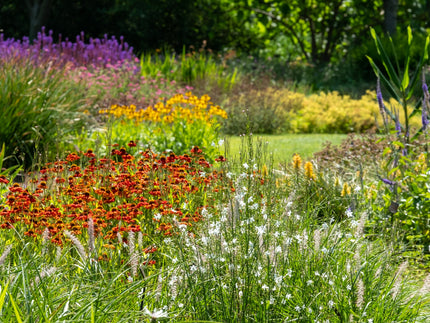
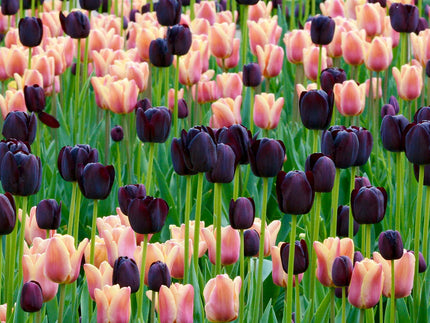
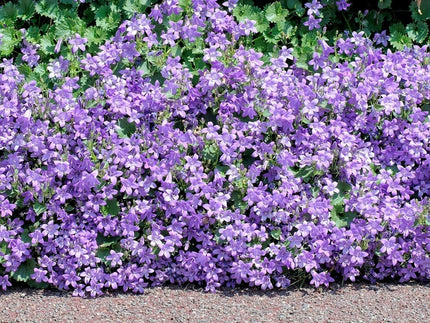
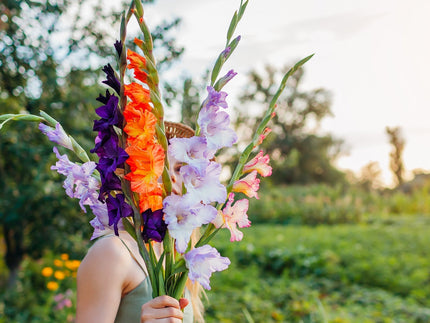
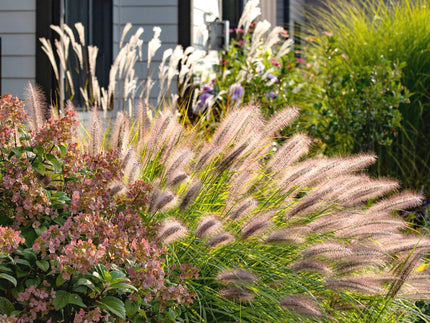
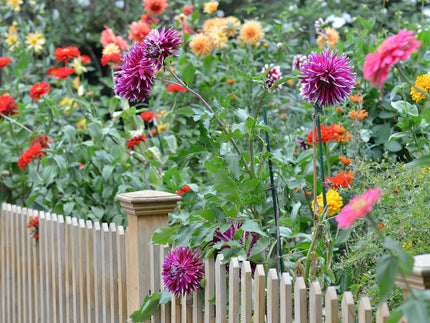
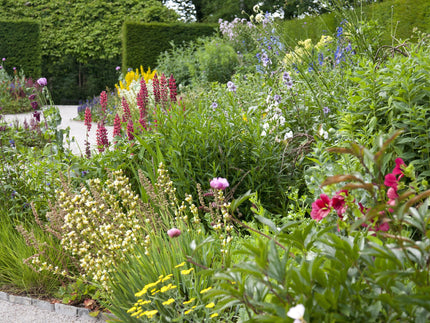
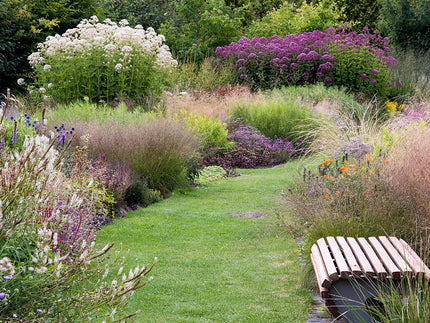
4 comments
When is the best time to plant a Bletilla?
Hi, I have a magenta blatilla orchid that I’ve kept in it’s pot. I would like to split it and give part to my daughter. Could you advise me on how to do this please.
Many thanks
Diane
Do they increase in number annually?
The yellow Bletillas seem rather expensive this year ?
I missed out previously as you said there were problems with the crop, I think